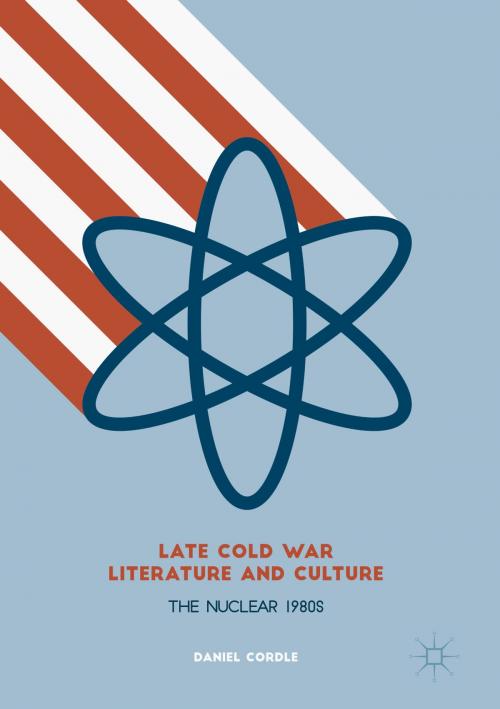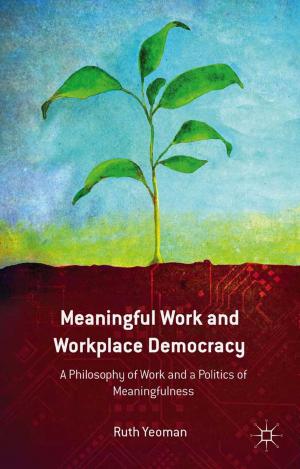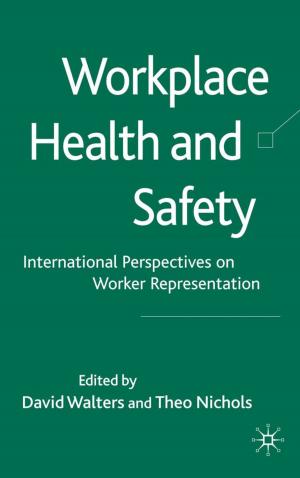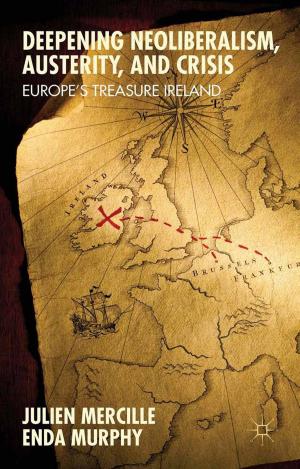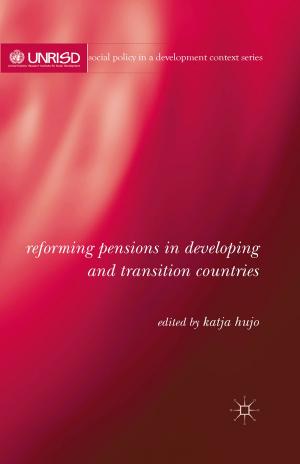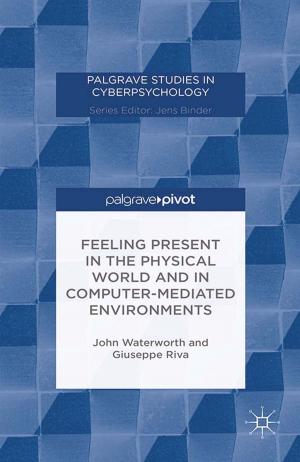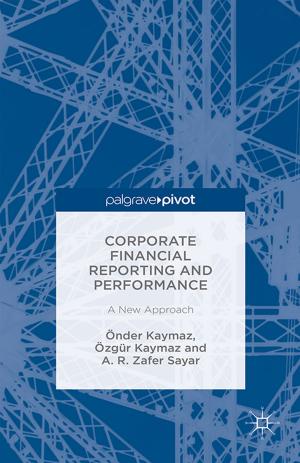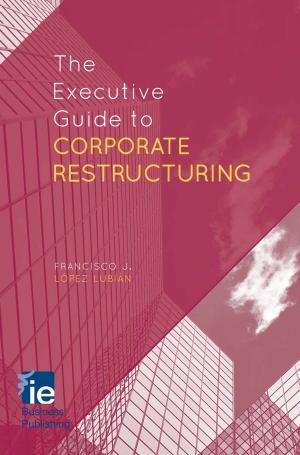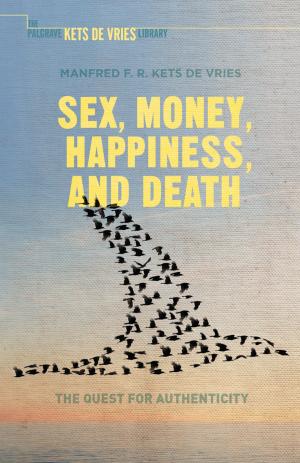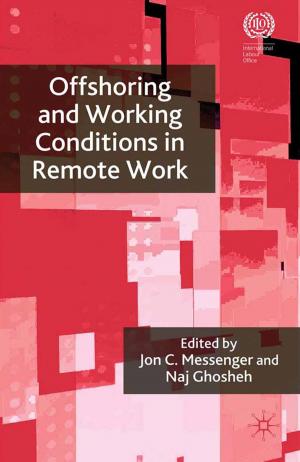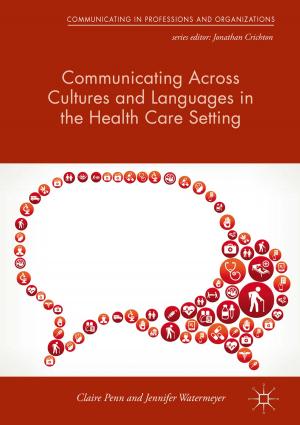Late Cold War Literature and Culture
The Nuclear 1980s
Fiction & Literature, Literary Theory & Criticism, Nonfiction, History| Author: | Daniel Cordle | ISBN: | 9781137513083 |
| Publisher: | Palgrave Macmillan UK | Publication: | March 3, 2017 |
| Imprint: | Palgrave Macmillan | Language: | English |
| Author: | Daniel Cordle |
| ISBN: | 9781137513083 |
| Publisher: | Palgrave Macmillan UK |
| Publication: | March 3, 2017 |
| Imprint: | Palgrave Macmillan |
| Language: | English |
This book analyses the 1980s as a nuclear decade, focusing on British and United States fiction. Ranging across genres including literary fiction, science fiction, post-apocalyptic fiction, graphic novels, children’s and young adult literature, thrillers and horror, it shows how pressing nuclear issues were, particularly the possibility of nuclear war, and how deeply they penetrated the culture. It is innovative for its discussion of a “nuclear transatlantic,” placing British and American texts in dialogue with one another, for its identification of a vibrant young adult fiction that resonates with more conventionally studied literatures of the period and for its analysis of a “politics of vulnerability” animating nuclear debates. Placing nuclear literature in social and historical contexts, it shows how novels and short stories responded not only to nuclear fears, but also crystallised contemporary debates about issues of gender, the environment, society and the economy.
This book analyses the 1980s as a nuclear decade, focusing on British and United States fiction. Ranging across genres including literary fiction, science fiction, post-apocalyptic fiction, graphic novels, children’s and young adult literature, thrillers and horror, it shows how pressing nuclear issues were, particularly the possibility of nuclear war, and how deeply they penetrated the culture. It is innovative for its discussion of a “nuclear transatlantic,” placing British and American texts in dialogue with one another, for its identification of a vibrant young adult fiction that resonates with more conventionally studied literatures of the period and for its analysis of a “politics of vulnerability” animating nuclear debates. Placing nuclear literature in social and historical contexts, it shows how novels and short stories responded not only to nuclear fears, but also crystallised contemporary debates about issues of gender, the environment, society and the economy.
